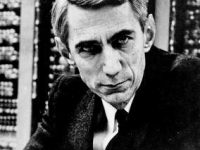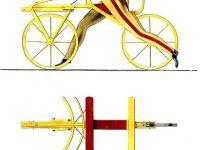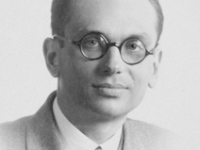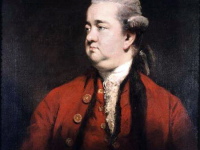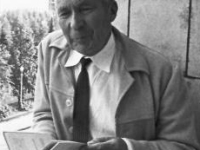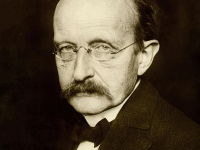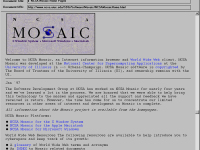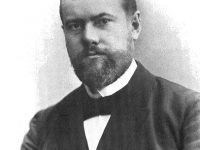Claude Shannon – the Father of Information Theory
On April 30, 1916, American mathematician, electrical engineer, and cryptographer Claude Elwood Shannon was born, the “father of information theory“, whose groundbreaking work ushered in the Digital Revolution. Of course Shannon is famous for having founded information theory with one landmark paper published in 1948. But he is also credited with founding both digital computer and digital circuit design theory in 1937, when, as a 21-year-old master’s student at MIT, he wrote a thesis…
Read more

